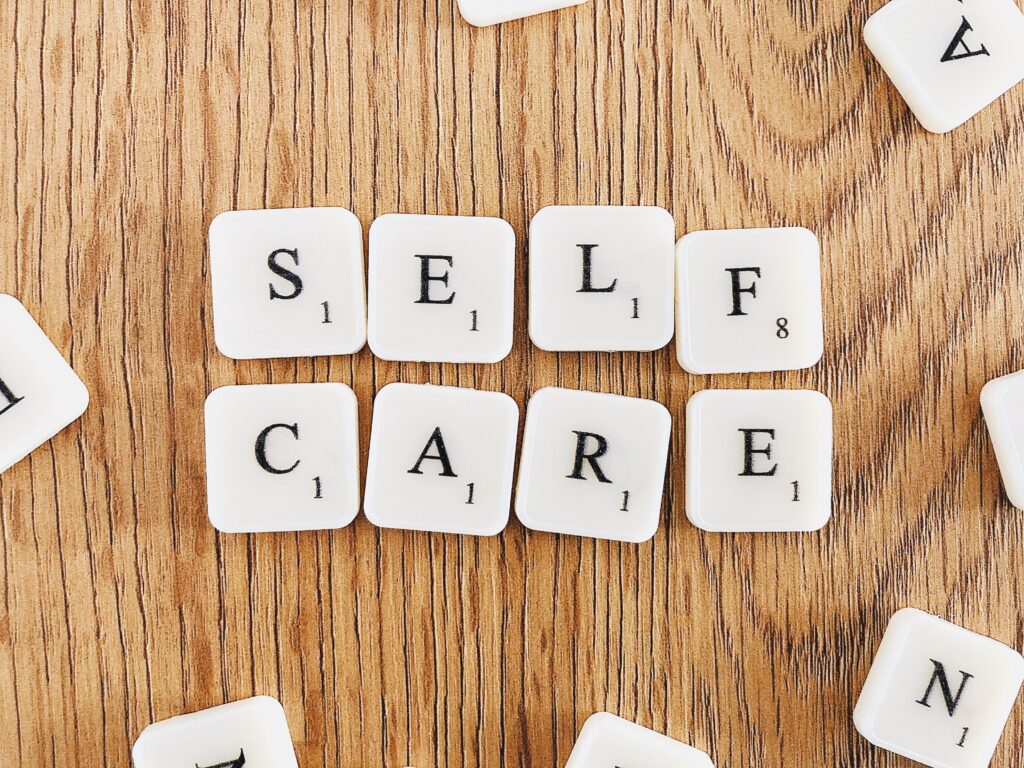If there’s one good thing to come out of the coronavirus pandemic, it must be that the importance of mental well-being has finally been understood, thanks to the pressures of lockdown. Mental health is no longer an issue that affects other people; it’s something that could affect any of us.
Mental health is important because it influences our emotions and how we manage them. It opens us up to stress and affects our mindset and the way we see the world. If your mental well-being is strong, you are more likely to cope with what each day brings, bouncing back from setbacks and holding a positive outlook on life.
Now that we’ve seen how people have struggled with their wellbeing and mental health during the pandemic, it’s far more acceptable as a topic of conversation.
Why have we been hesitant to speak up about our mental health issues?
There has been a stigma around mental issues, and they are not viewed in the same light as physical difficulties. People with mental health issues are to blame for their thoughts, right?
Having mental health challenges has historically been seen as a sign of weakness. Thankfully, that is changing.
Fear of losing their jobs, friends or family can often hold people back from seeking help. The perception is that revealing a weakness makes them vulnerable to loss, so instead, there is a tendency to cover it up and numb it with pills, alcohol, or outright denial.
If you don’t deal with your issues and take care of your mental health, there’s a chance your problems will only fester.
Self-care ideas.
How can you build and maintain your mental, emotional, and physical health? Here are a few ideas to try. And remember, anything you do to improve one area of your health will have a positive flow-on to the rest.
- Get outside and sit in the natural environment for a few minutes each day. It’s surprising how this simple thing helps put life back into proportion again.
- Laze in a bubble bath and listen to relaxing music
- Go for a walk every day
- Chat with a friend – face-to-face if you can
- Try meditation or practice gratitude. (There are a few exercises here to try.)
Love yourself.
Queensland Health has come up with an initiative called “Dear Mind” which promotes self-care and care of your mental health. In a series of short 30 second videos, people talk to their minds and ask them to treat them as they would treat others. In short, be as kind to themselves as they are to everyone else. They are like spoken letters to the mind. (Here’s one to watch.)
This is a powerful campaign. We never give ourselves the same breaks we give others, do we? We hold ourselves to a higher standard and then judge ourselves more harshly. It’s this different standard which holds us back from self-care and stops us putting on the oxygen mask when we need it.
What should we do about it?
Why not learn from the Dear Mind campaign and write a letter to yourself? Yes, it sounds a bit woo-woo, but what it does is help you think things through, and you can be honest with yourself because nobody else will see it. Then look at what you’ve written. If this came to you from someone on your team, how would you handle it? Then, give yourself the same love and help.
No matter who you are and how strong your feeling of health and wellbeing, it’s vital to take care of yourself. Make self-care a habit and you’ll be happier and more resilient than ever.
Building your resilience and mental toughness will take time but taking care of yourself is the best start you can have. If you’re ready to take it further, enrol in the Resilience module in the Athena Leadership Academy. The workshop is now available for virtual delivery as a standalone workshop for your team which provides tools to thrive, not just survive.


